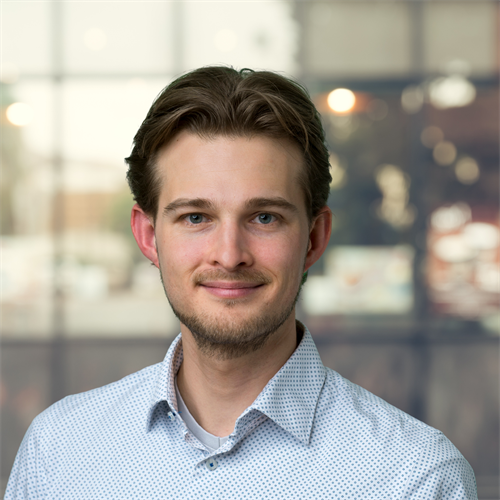
Benjamin Brenny
Functie:
Optical Designer

‘At TNO, you can truly immerse yourself in technology.’ Benjamin Brenny is an optical designer in the Optics department. At TNO, he feels he can really focus on the essence of his profession. In the future, he would like to make a broader contribution, particularly by bringing together different areas of expertise. This is, he notes with satisfaction, possible at TNO.
Delft - Stieltjesweg
Stieltjesweg 1
2628 CK Delft
The Netherlands
Postal address
P.O. Box 155
2600 AD Delft
The Netherlands